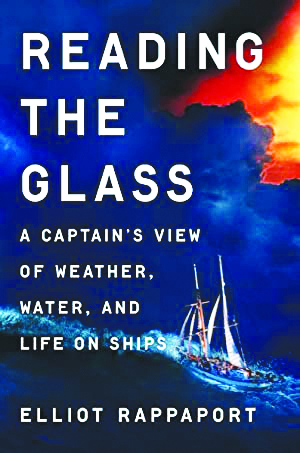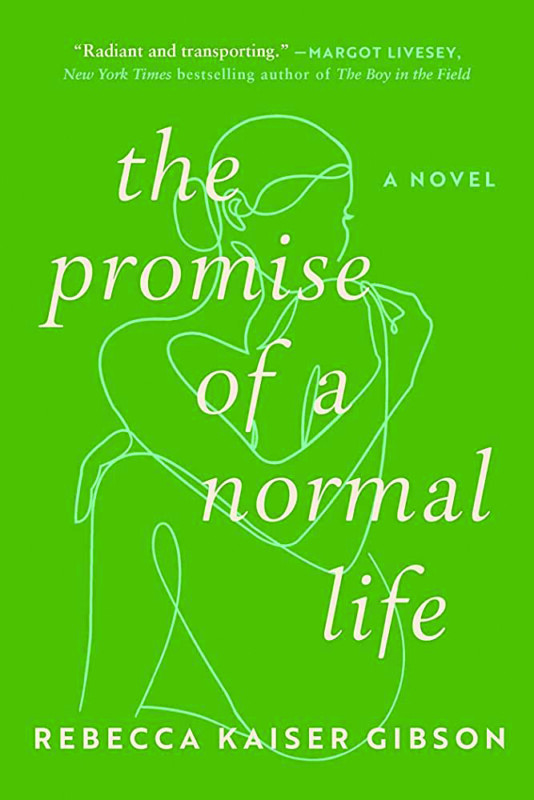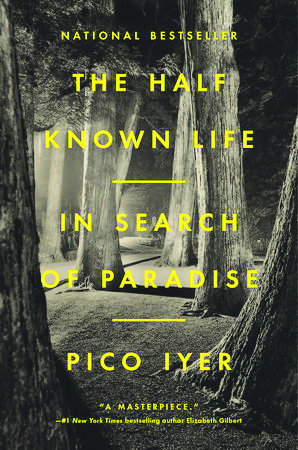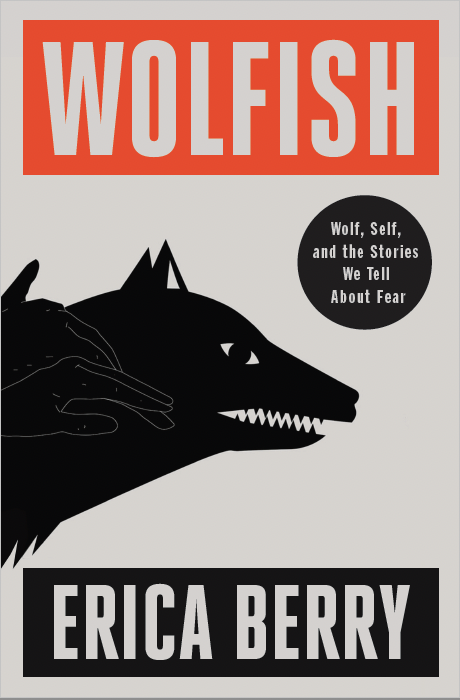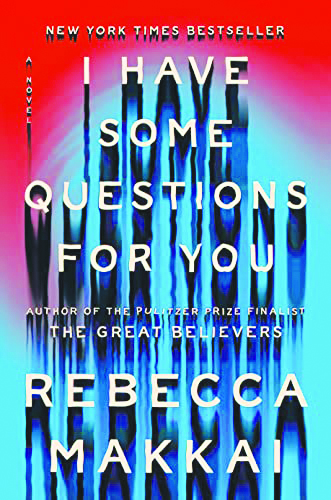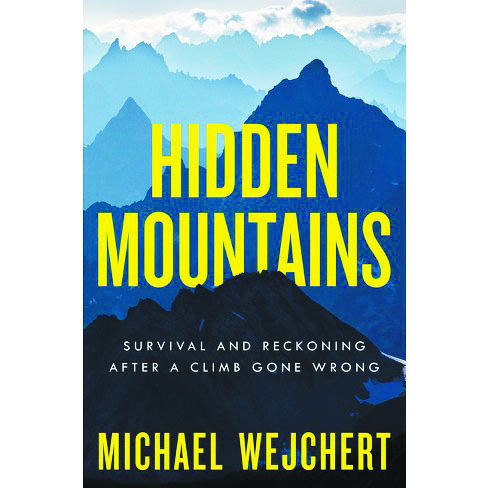Reading the Glass, by Elliott Rappaport (Dutton, 322 pages)
Have you ever felt the urge to throw everything away for the love of a good boat and a life at sea? Me neither. But there are people who not only feel the urge, but obey it, who consider “life ashore” boring and “hard to reconcile.”
Part-time Maine resident Elliott Rappaport is one of those people and with his new book he promises “a captain’s view of weather, water, and life on ships.” For those whose knowledge of seafaring comes from Carnival cruises and watching The Perfect Storm, Reading the Glass might be a rough slog. Who knew that boat captains, always portrayed as blue-collar and salty, could be so erudite? Who knew that their memoirs would read like high school science books? Reading the Glass is eye-opening in this respect, as modern mariners apparently talk more like learned meteorologists than pirates of the Caribbean.
But Rappaport brings a dry sense of humor to the task and works to break up long professorial descriptions of weather with elegant descriptions of life at sea. “Below the surface,” he writes, “are things seeable only when the sea is calm — the dolphins, grazing whales, sharks, and mola, ocean sunfish as big as car hoods. Once a giant leatherback turtle, four feet across with long triangular flippers and drooping dinosaur eyelids. I’ve seen their babies on a beach in Mexico racing toward the surf, identical but small as silver dollars.”
Rappaport has been a ship’s captain for 30 years and teaches at the Maine Maritime Academy, a small public college in Castine, Maine, that trains ships’ officers and engineers. (If you have a driftless kid, send them there — the school says 90 percent of its graduates have jobs within three months of graduation.)
Whatever the seafaring equivalent of a public intellectual is, that’s what Rappaport is. He can wax eloquently about where New England’s summer air originates (“the subtropics, carried along by the southerly winds at the the edge of the Bermuda-Azores High and moistened by the warm waters of the Gulf Stream”) and about atolls, the “recipe for shipwreck” created by submerged islands that present “an opportunity to run aground without ever seeing land.”
He can smartly and simply explain weather phenomena we so often hear about in forecasts, such as jet streams, El Nino and the ever popular polar vortex. And you will learn so much about clouds that you didn’t retain from middle school. “There’s a lot going on inside a cloud, most of it poorly understood by the average person,” Rappoport writes. “Or, fairer to say, it’s not a priority for most people to understand.” For example, one misconception is that most people think clouds are composed only of water vapor, which can’t be true since water vapor is invisible. “Clouds are in fact clusters of of water droplets and ice crystals spawned by condensation or deposition the process whereby water vapor converts directly to ice.”
That’s clear enough, but many of his explanations aren’t quite as simple; it would have taken me two years to finish the book if I’d looked up every word I didn’t know (“Taxonomically the bora and mistral are katabatic (downhill) winds….”) and it is not by coincidence that the first glowing Amazon review I saw for this book was written by someone who included at the end of his name “Ph.D.”
For those of us with B.A.s, it’s more of a struggle to enjoy this book, but it’s possible if you focus on Rappaport’s stories, which are wide-ranging like his travels, and vividly memorable. He’s sailed all over the world, and for every place he hasn’t been, he’s seemingly talked to someone who has. He can tell you about the port in Tahiti where the tattoo artists are so good that the crew requires time off for appointments, and explain the origins of a microburst from a personal encounter with one at sea.
For those interested in maritime disasters, he is an encyclopedia of knowledge, not only of long-ago tragedies with no survivors, but also of contemporary battles of human vs. sea. Describing the type of offshore cyclone that can suddenly roil the ocean without warning, he writes of a discussion he had with a friend about a storm in 1990: “‘A giant hole opened up in the ocean,’ he told me, ‘and the ship fell in.’”
It was, Rappaport writes, “an image I have not forgotten,” and neither will we.
Nor will we forget his funny description of the Beaufort scale of wind force (which includes “Force 6: Umbrellas ruined” and “Force 10: Don’t go out”) or the image he paints of himself making his way through suburban Washington, as off-kilter as most of us would be at sea.
“It is May, the trees already a deep summer green and the sky boiling with clouds that would alarm me if I were at sea.” He vaguely knows the direction of the Metro station, but the battery has died on his phone, and “I have no chartroom to visit, no swarm of seabirds flying helpfully in the right direction.” He is wearing the orange rain slicker he wears at sea, its pockets filled with “old bits of twine and candy wrappers.” Finally he finds something by which he can navigate: a Starbucks in the distance, where the well-dressed professionals are “mysteriously dry.” Perhaps they’ve read the forecast, he quips.
It’s that kind of writing and imagery that makes Reading the Glass pleasurable for those without Ph.D.s.
But truthfully, a Ph.D. would help. B+

